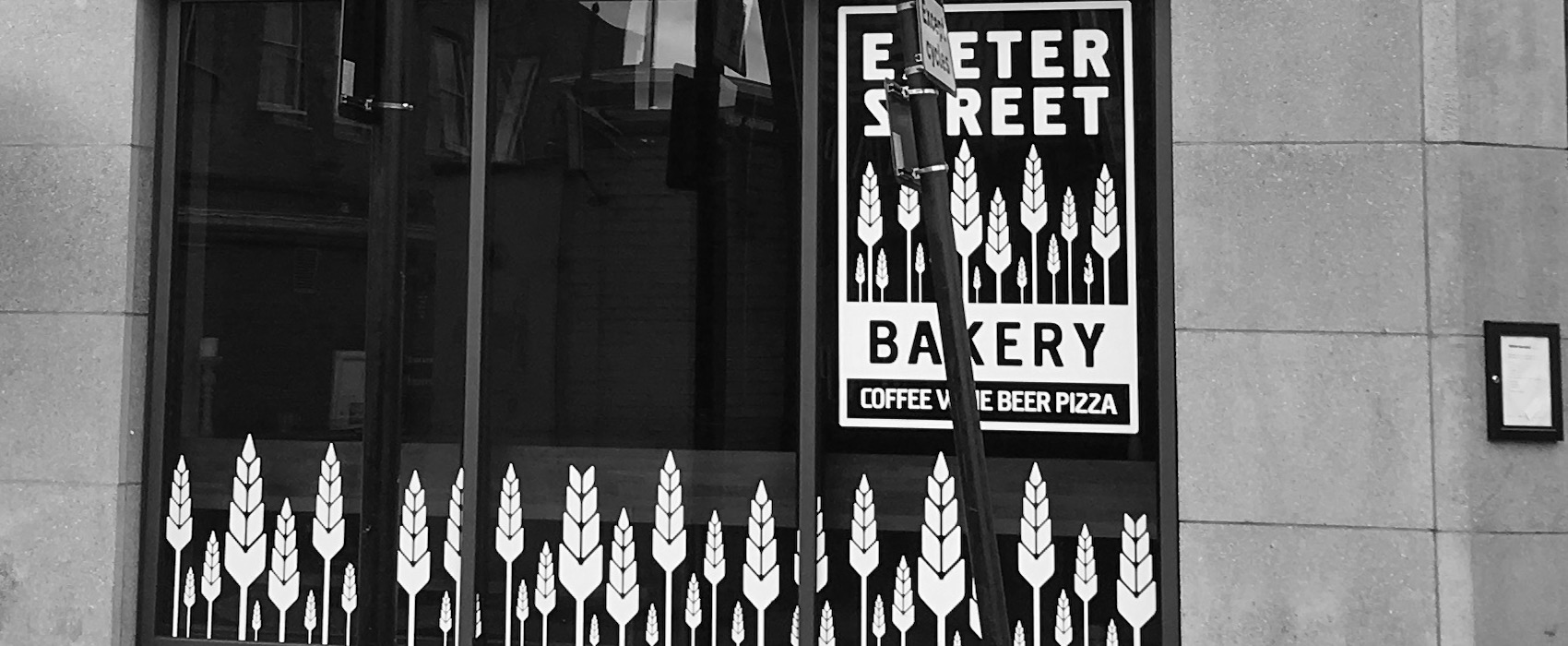As it was a BBC journalist asking someone taking part in Occupy St Pauls if they really thought they could change the world with their protest that provoked me to write this blog, I was interested to read that Micah White, the instigator of the #OccupyWallStreet meme has concluded that the answer is no – or at least not if we continue to use methods he put so much faith in back in 2011.
Inspired by uprisings in Tunisia, Egypt and the Spanish Indignados, the activist and former editor of Adbusters, together with its founder Kalle Lasn, was responsible for setting Occupy Wall Street in motion. By synthesising the tactics of occupying public space used in Cairo’s Tahrir Square and the general assembly model that was also implemented by Spain’s Indignaodos public squares in 2011, they hoped to “break the stranglehold of the greatest corruption of our democracy: Wall Street, the financial Gomorrah of America”.
Yet despite the ‘political miracle’ of Occupy spreading to the financial districts of hundreds of cities globally, and the “beautiful event” of community that grew up in them, White concludes in his book The End of Protest that Occupy was a “constructive failure”.
Behind Occupy was the “shared conviction that this was it – the mass social movement that would change everything” and its failure to do so was, White argues, the last throw of the dice of a set of assumptions about how to shift political reality.
The failure of our efforts reveals a truth that will hasten the next successful constructive revolution: the assumptions underlying contemporary protest are false. Change won’t happen through the old models of activism. Western democracies will not be swayed by public spectacles and madd media frenzy. Protests have become an accepted, and therefore ignored, by-product of politics-as-usual. Western governments are not susceptible to international pressure to heed the protests of their citizens. Occupy’s failure was constructive because it demonstrated the limitations of contemporary ideas of Protest.
The violence unleashed on the protesters by an increasingly militarised police force in a series of co-ordinated evictions in the US disproved White and Lasn’s belief that violence would provoke sympathy and backfire. The book includes a photo of protester Ryan Hirsch slipping a note into the hand of President Barack Obama, another shows Obama reading the message:
Mr President: Over 4,000 peaceful protesters have been arrested. While bankers continue to destroy the economy with impunity. You must stop the assault on our 1st amendment rights. Your silence sends a message that police brutality is acceptable. Banks got bailed out. We got sold out.
As widespread protests in the USA and worldwide have been staged in the weeks since President Donald Trump’s inauguration and policies, White continues to argue that these tactics won’t work. He even suggests that Trump positively thrives on them.
A lot of people believe that protest is important and continue to have faith that it works, and perhaps there is hope that an “extraordinary movement” of popular resistance will emerge to defeat Trump. A Greek friend told me that she thought people there fell into three categories: They either deny there is anything wrong; acknowledge that there is a problem but resort to old methods or, thirdly, acknowledge that the system is broken know too that different methods are needed. Discovering what that is is the most difficult part.
At this point it matters that we get this right, so is it perhaps time to let go of our old expectations and pay attention to any other methods that seem to suggest themselves?
